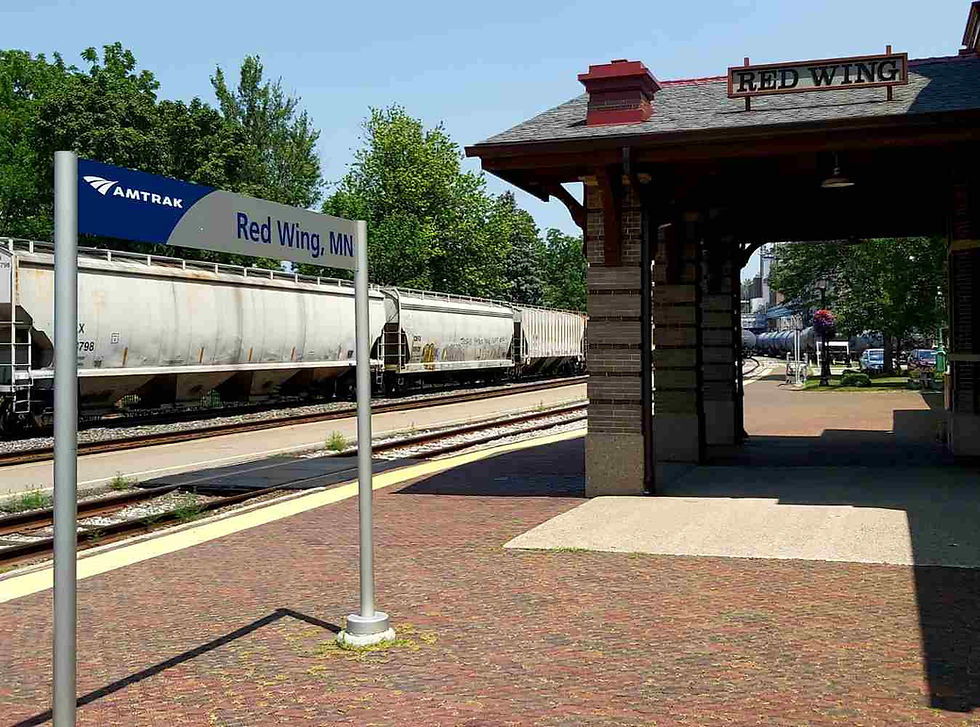India: my holiday is your holiday
- Matthew P G

- Sep 14, 2022
- 3 min read

Kovalam Beach sunset. February 2010
[from FB post: September 7, 2013]
Since FB chat tells you WHERE someone is chatting from, I finally found the exact location of my friend Chandran Kumar's town in India. I read it about it on Wikipedia and this passage caught my eye:
The culture is a mixture of Tamil and Malayalam culture and traditions. Hinduism and Christianity are the major religions in the town. Everyone respects every one of all religions and together take part in all festivals like Vavubali. Some of the prominent festivals that are celebrated here are Onam, Deepavali, Easter, Christmas, New Year.
What a lovely way to coexist -- you all just celebrate each others holidays. I love it for two reasons -- ONE, more holidays!!! TWO, no conflict! you can't very well be angry at someone while celebrating!!!
I remember Chandran Kumar, my Malayali friend from Kerala, telling me he loved Christmas. I said, "but you are a Hindu". He replied, "Uncle, in my place we celebrate all holidays. I love your Christmas". Chandran grew up south of Kovalam Beach, a popular resort along the Malabar Coast. He spoke Malayalam, but because his village was so close to Tamil Nadu, he was sent to a Christian, Tamil-medium school. What a mix of cultures and religions to be exposed to for a simple village guy who installed insulation on container ships in Singapore.
The bulk of Keralites I met were unlike other Indians. Tamils next door felt very proud of their state and their language. Rightly so, Tamil is one of the oldest spoken languages on earth and their cultural capital, Madurai, is one of the oldest cities on the planet. The people of the Malabar coast, however, facing toward Iran, the Arabian Peninsula, and Africa were constantly visited by, trading with, or lorded over by outsiders who suddenly appeared on their shores. Maybe from those historical experiences the people of Kerala developed an extreme cultural tolerance? The people of Kerala were very proud to be from Kerala (and rightly so, it is a lovely state - one of my favorite in the Indian Union), but they were far less "Hindu, Muslim, Christian, or even Malayali than their brethren from other states who were more "regionalistic". Tamil Nadu would love to be its own country. Keralites just want to enjoy their wonderful food, excellent literacy rate (one of the highest in the world), and chilled view toward life and remain part of India.
Singapore does its best to promote all its religious holidays equally (and officially) and to a degree it works. It is, however, a "top down" effort. A citizen can go to jail for maligning another citizen's religion. The Singaporeans are being forced to get along and although it does keep things running smoothly, it is not without a mumbling undercurrent of dislike toward "others". Kerala, however, developed the same kind of thing without any pressure from the state. Perhaps the people there, after a thousand years of invasions and a variety of colonizers, figured it was just better to live and let be. If someone had a joyous holiday, why not join in and be happy with them?
Just because a person is honoring someone else's holiday does not mean they are actually celebrating it. Frankly, I love this idea - think how many more days off there would be if we all celebrated each other's holidays in earnest? We all need to understand that by acknowledging others' traditions, we do not diminish our own.



Comments